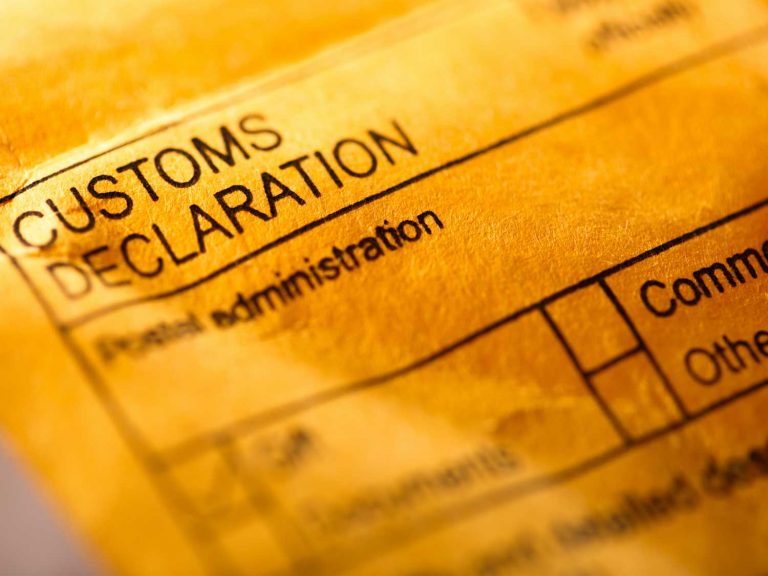
Date:
Using rules of origin effectively
Rules of origin determine where goods originate from and which are covered in preference agreements. It is not just where goods have been shipped or bought from, with the potential for multiple origins to consider and there can be severe financial penalties for getting it wrong.
The origin is where goods have been produced or manufactured and is the economic nationality of goods being imported and exported and applies, whether they’re covered by preference agreements, the Generalised Scheme of Preferences, or are non-preferential.
When two or more countries have been involved in production, the goods are deemed to have originated in the country or territory where they were last substantially worked or processed, with three specific rules (value-added, classification, specific processes) deciding if goods are sufficiently worked or processed.
Increasingly, clients with substantially transformed products are asking us to look closely at the rules to determine exactly how they qualify; to ensure they are obtaining the most favourable outcomes, while remaining compliant.
The value added rule sets a limit on the value of non-originating materials, which can be used before the finished product is considered as not originating, while the change of tariff classification rule states that goods cannot have the same tariff classification as any of the non-originating materials used to make the final goods.
And while these two rules are quite specific and may be easily applied, we are seeing increasing incidences where they might not be fully applicable and are checking the application of product specific rules, which specify the non-originating materials used in manufacture, and the processes which need to have taken place, in order to get originating status.
With thousands of entries being processed every week, it is critical that accurate data is maintained and that brokers retain up to date information. Our CuDos customs platform’s product library retain’s each client’s product codes and associated detail, which automatically ensures preference can be applied.
Preference is established following trade agreements with individual countries, like Japan, or trading blocs, like the EU. Our customs experts can advise which countries have trade with agreements with the UK, or when other commitments have been agreed.
On the 1st January 2021, the UK moved to trading with the EU based on a new Free Trade Agreement (FTA) – the Trade and Cooperation Agreement (TCA) – with tariff-free goods meeting preferential rules of origin, which means that wholly originating goods and certain manufactured goods qualify for zero tariffs.
Rules are set out in the TCA to determine the origin of goods based on where the products or materials (or inputs) used in their production come from, to ensure that preferential tariffs are only given to goods that originate in the UK or EU and the percentage by value of non-originating material remains under allowable tolerance.
Goods that do not meet the EU rules of origin will be subject to ‘Most Favoured Nation’ tariffs in the UK Global Tariff, which for some goods may be low or zero, but for other goods they can be much higher.
The Generalised Scheme of Preferences (GSP) removes import duties from products coming into the UK from around 50 vulnerable developing countries, which the UN classifies as Least Developed Countries, to boost their economies and support a self-sustaining infrastructure.
Metro continue to monitor the evolving UK/EU customs regime situation, to offer advice and tailored customs brokerage solutions through our CuDoS platform.
We have extensive transport and customs brokerage solutions across the Continent and can assist you in ensuring that your supply chain remains agile and responsive, in moving your products into, out of and within Europe.
The whole area of duty liability and compliance can be a ‘minefield’. Let metro provide advice and healthcheck on your current operations and review your current structure and assist you in developing the most beneficial platform to ensure that the best fit and most appropriate model is in place for your global trading and business.
For further information please contact Elliot Carlile or Grant Liddell to organise a full review and discussion relating to current issues that you may be facing.
